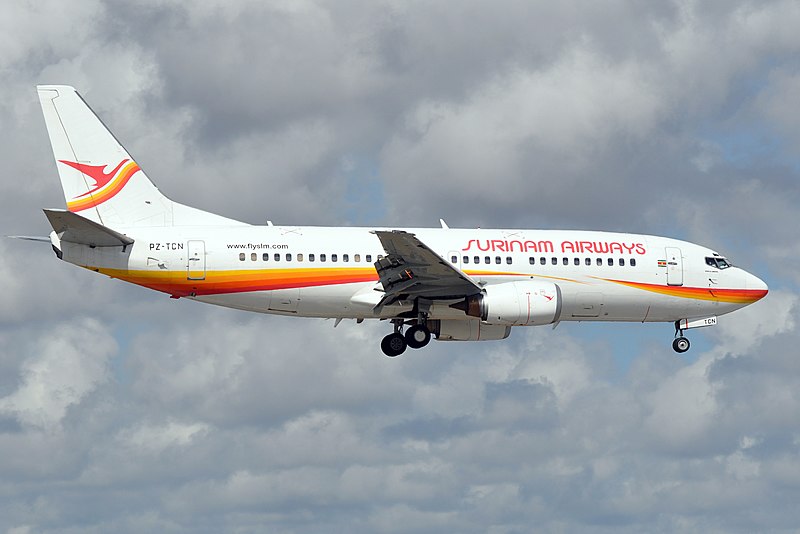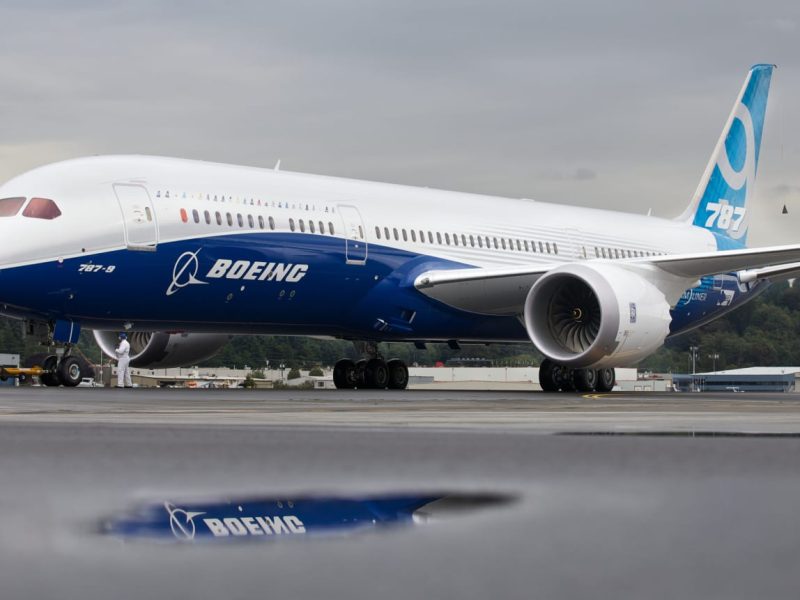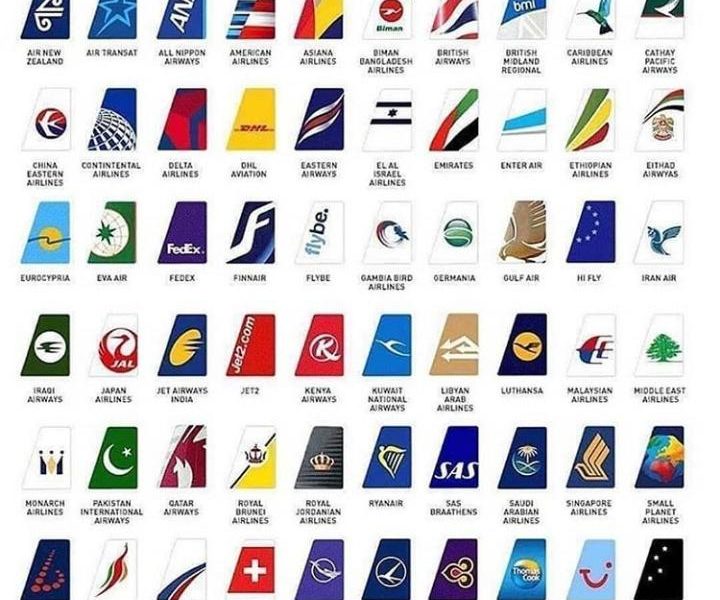In a major development, the European Union (EU) has imposed a blanket ban on all Tanzanian air carriers, citing serious safety concerns. This move has raised eyebrows across the aviation industry and sparked a strong response from Tanzania, as both sides look to navigate the consequences of this decision.
Why Did the European Union Ban Tanzania’s Air Carriers?
The EU’s decision to ban Tanzanian air carriers stems from ongoing concerns over safety standards within the country’s aviation sector. According to the European Union Aviation Safety Agency (EASA), Tanzanian airlines have not met the safety regulations required for operating in EU airspace. This ban means that no Tanzanian airline can fly into Europe, affecting both commercial and cargo flights.
EU regulators have pointed to repeated failures in safety compliance during inspections of Tanzanian carriers. Although Tanzania’s government has made efforts to improve the country’s aviation standards, the EU remains cautious about allowing its carriers to operate in European skies.
Tanzania’s Response
In response to the EU’s ban, the Tanzanian government has expressed frustration and disappointment. Tanzanian officials argue that the decision is both unjust and a reflection of outdated perceptions about the country’s aviation industry. Tanzanian Minister for Works and Transport, Mwita Waitara, was vocal in defending the country’s safety record, emphasizing that the government has worked tirelessly to implement reforms and improve its airlines’ safety standards.
Tanzania’s response has been clear: the government intends to engage with the European Union and resolve the concerns raised by the safety authorities. Discussions will likely center on demonstrating the improvements Tanzania has made in the aviation sector, including the introduction of new training programs, aircraft maintenance protocols, and oversight mechanisms.
Implications for Tanzania’s Aviation Industry
The European Union’s ban is a significant blow to Tanzania’s aviation sector. The EU is a major market for Tanzanian airlines, and this restriction will undoubtedly affect both passenger traffic and freight operations. Additionally, Tanzanian carriers will face increased competition from other international airlines looking to fill the gap left by the ban.
However, Tanzania’s government is optimistic that the country’s aviation industry can recover from this setback. With a focus on modernizing airports, enhancing safety measures, and strengthening regulations, Tanzania hopes to address the issues raised by the EU and eventually regain access to European airspace.
What Happens Next?
For now, Tanzanian carriers are grounded in Europe, and the country is working diligently to remedy the situation. It’s clear that the road to resolving this issue will require significant investment in aviation infrastructure and policy changes. If Tanzania can successfully demonstrate its commitment to improving safety standards, the ban may eventually be lifted.
In the meantime, Tanzanian airlines will likely seek new markets outside the EU and bolster their domestic services to mitigate the effects of the ban. The international aviation community will be watching closely to see how this situation unfolds and whether Tanzania can rebuild its reputation on the global stage.
Conclusion
Tanzania’s aviation industry faces an uphill battle after the European Union’s decision to ban all its air carriers. The Tanzanian government is committed to addressing the concerns raised and demonstrating its commitment to safety improvements. The resolution of this issue will take time, but it will shape the future of Tanzania’s aviation sector for years to come.



